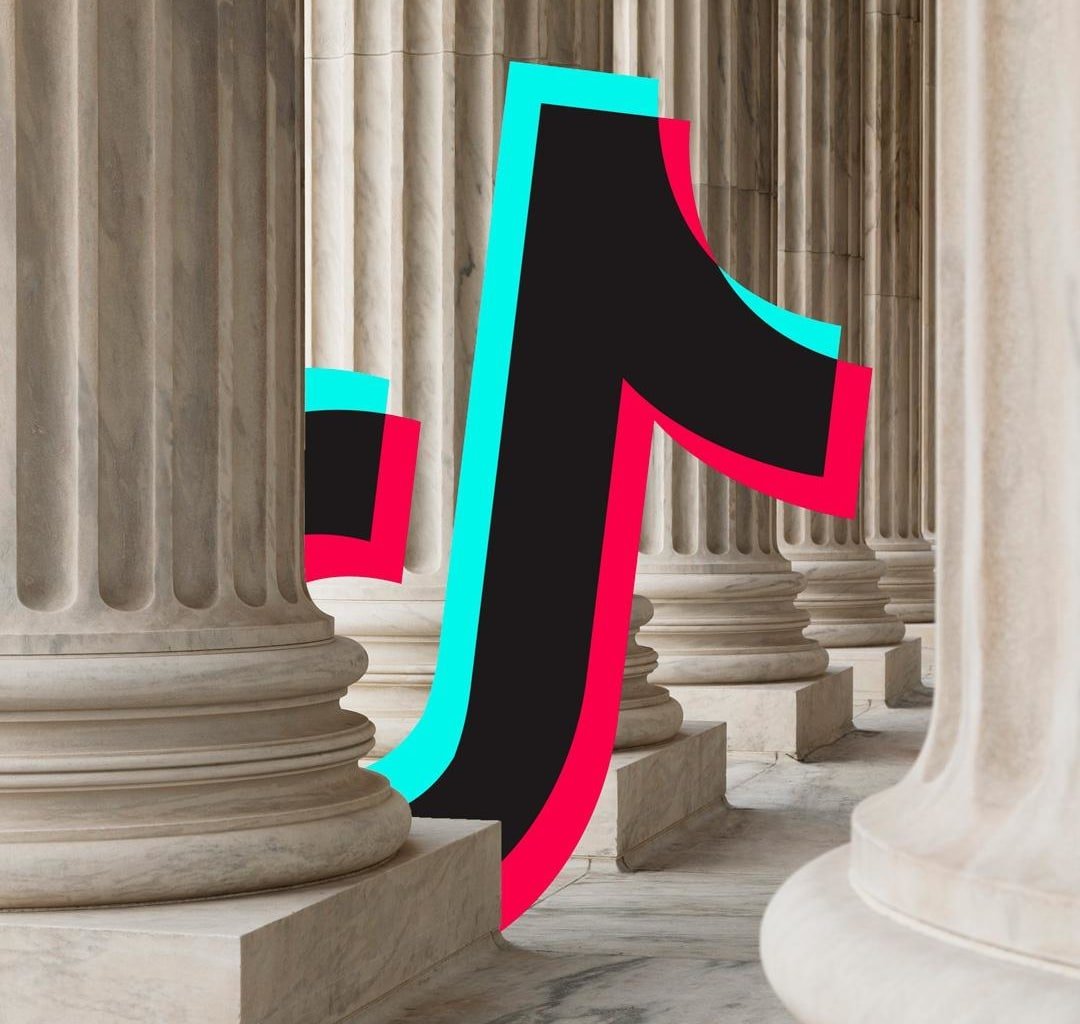The U.S. House of Representatives has recently passed legislation that could lead to a ban on TikTok in the United States, marking a significant development in the ongoing scrutiny of the social media platform’s ties to its Chinese parent company, ByteDance. This legislative move is part of a broader foreign aid package that includes support for Ukraine and Israel, which has expedited the process and increased the likelihood of the bill’s passage in the Senate.
Key Details of the Legislation
- Vote Outcome: The House approved the bill with a substantial majority, with a vote of 360-58.
- Conditions for Ban: The legislation stipulates that ByteDance must sell TikTok within a specified timeframe—270 days with a possible extension of 90 days by the President—if it fails to do so, TikTok could be banned from U.S. app stores.
- Integration in Foreign Aid Package: The decision to include the TikTok ban in a larger foreign aid package has been strategic, ensuring broad support for the bill and complicating the Senate’s ability to oppose it without also affecting foreign aid measures.
Political and Public Reaction
- Bipartisan Support: The bill has received bipartisan support, reflecting widespread concerns about national security risks associated with TikTok’s Chinese ownership.
- Public and Corporate Opposition: TikTok and its supporters, including many of its 170 million U.S. users, have voiced strong opposition. The company has initiated a lobbying effort, arguing that the ban infringes on free speech rights and could negatively impact the U.S. economy and small businesses.
- Legal Challenges Anticipated: TikTok has indicated plans to challenge the legislation in court if it becomes law, citing violations of First Amendment rights. Previous legal challenges by TikTok against similar actions have seen some success.
Implications and Next Steps
- Senate Consideration: The Senate is expected to consider the aid package, including the TikTok provision, soon. Senate Majority Leader Chuck Schumer has expressed urgency in passing the foreign aid, which suggests a high likelihood of the package’s approval.
- Presidential Approval: President Joe Biden has indicated that he would sign the bill into law if it passes through Congress, further increasing the stakes for TikTok.
- Potential Impact: If enacted, the ban could significantly alter the social media landscape in the U.S., affecting millions of users and content creators who rely on TikTok for communication, entertainment, and business.
This legislative action represents a critical juncture in the U.S. government’s approach to regulating technology companies, particularly those with foreign ties deemed a risk to national security. The outcome of this legislative process will likely have far-reaching effects on the tech industry and on the broader geopolitical tensions between the U.S. and China.






